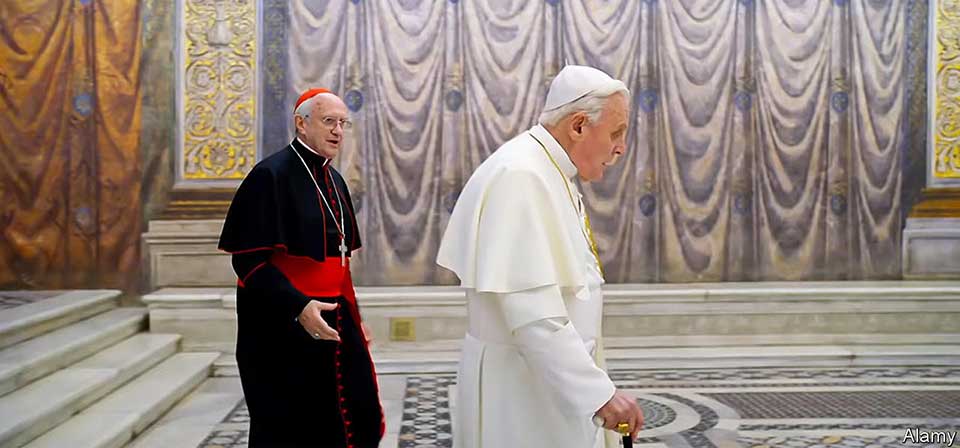Search Results
110 records found
Twilight Appeal: The cult of Edward Cullen and vampire love in Stephenie Meyer’s novels and the new film (2008)
Chastity is a precious thing, and the struggle to be chaste is both an inevitable part of a moral life and a legitimate subject for narrative art. In part, this quest for chastity may legitimately form some part of Twilight’s appeal. At the same time, a narrative that wallows in the intoxicating power of temptation and desire, that returns again and again to rhapsodizing about the beauty of forbidden fruit, may reasonably be felt to be a hindrance rather than an affirmation of self-mastery.
The Twilight Saga: New Moon (2009)
Twilight and New Moon are essentially uncritical celebrations of that overwrought, obsessive passion that is the hallmark of immaturity — passion that wholly subordinates all sense of one’s own identity and elevates the beloved to summum bonum, or even the sole good; passion that leaps as readily to suicidal impulses and fantasies as to longing for union.
Twilight Samurai (2002)
Seibei hardly cuts a dashing figure; even his weapon of choice, the short sword, provokes contempt rather than respect. But his duties these days call for clerical work rather than swordplay — until his best friend Iinuma (Mitsuru Fukikoshi) is threatened by a former brother-in-law, the ex-husband of Iinuma’s beautiful sister Tomoe (Rie Miyazawa), whom Seibei’s known since childhood.
Twilight: Breaking Dawn’s Fork in the Road
It’s hard to imagine any filmmaker making the final, and probably the most perverse, of Stephenie Meyer’s Twilight books into a good movie—let alone two movies, which is the plan. But Summit Entertainment is giving it their best shot: After discussions with a list of respected directors including Sofia Coppola, Steven Daldry and Gus Van Sant, Bill Condon (Gods and Monsters, Kinsey) has reportedly emerged as the front-runner, according to Deadline.com.
Two Brothers (2004)
Annaud’s skill and subtlety elevate what is essentially a simple, fable-like throwback to the sort of live-action feature Disney used to make in the 1950s.

Two Days, One Night (2014)
It is about self-interest and empathy, practical necessities and moral choices. It’s about the importance of work and the ruthlessness of economics based purely on self-interest and competition. I can think of no film that more persuasively or powerfully illustrates in human terms what popes from Leo XIII to Francis have been talking about for over a century regarding the dangers of pure capitalism unrestrained by moral concerns.

The Two Popes (2019)
For a Catholic critic — or at least for this Catholic critic — a movie like The Two Popes presents a number of temptations.

Two things I wish George Miller had done differently in Furiosa: A Mad Max Saga
The Fury Road prequel is a satisfying return to the world of the demented 2015 film—but there were two missed opportunities, relating to Immortan Joe’s Wives and Furiosa’s revenge.
Two Very Different Responses to Parenthood: Chef and Obvious Child
Among this summer’s successful indies were a pair of R-rated comedies — each from a filmmaker serving as writer, director and star — depicting two very different responses to the formidable responsibilities of parenthood.
Two Weeks Notice (2002)
(Written by Jimmy Akin) From its opening minutes, Two Weeks Notice promises to be the story of how two mismatched, lovable losers get together and fall in love.
Recent
- Crisis of meaning, part 3: What lies beyond the Spider-Verse?
- Crisis of meaning, part 2: The lie at the end of the MCU multiverse
- Crisis of Meaning on Infinite Earths, part 1: The multiverse and superhero movies
- Two things I wish George Miller had done differently in Furiosa: A Mad Max Saga
- Furiosa tells the story of a world (almost) without hope
Home Video
Copyright © 2000– Steven D. Greydanus. All rights reserved.